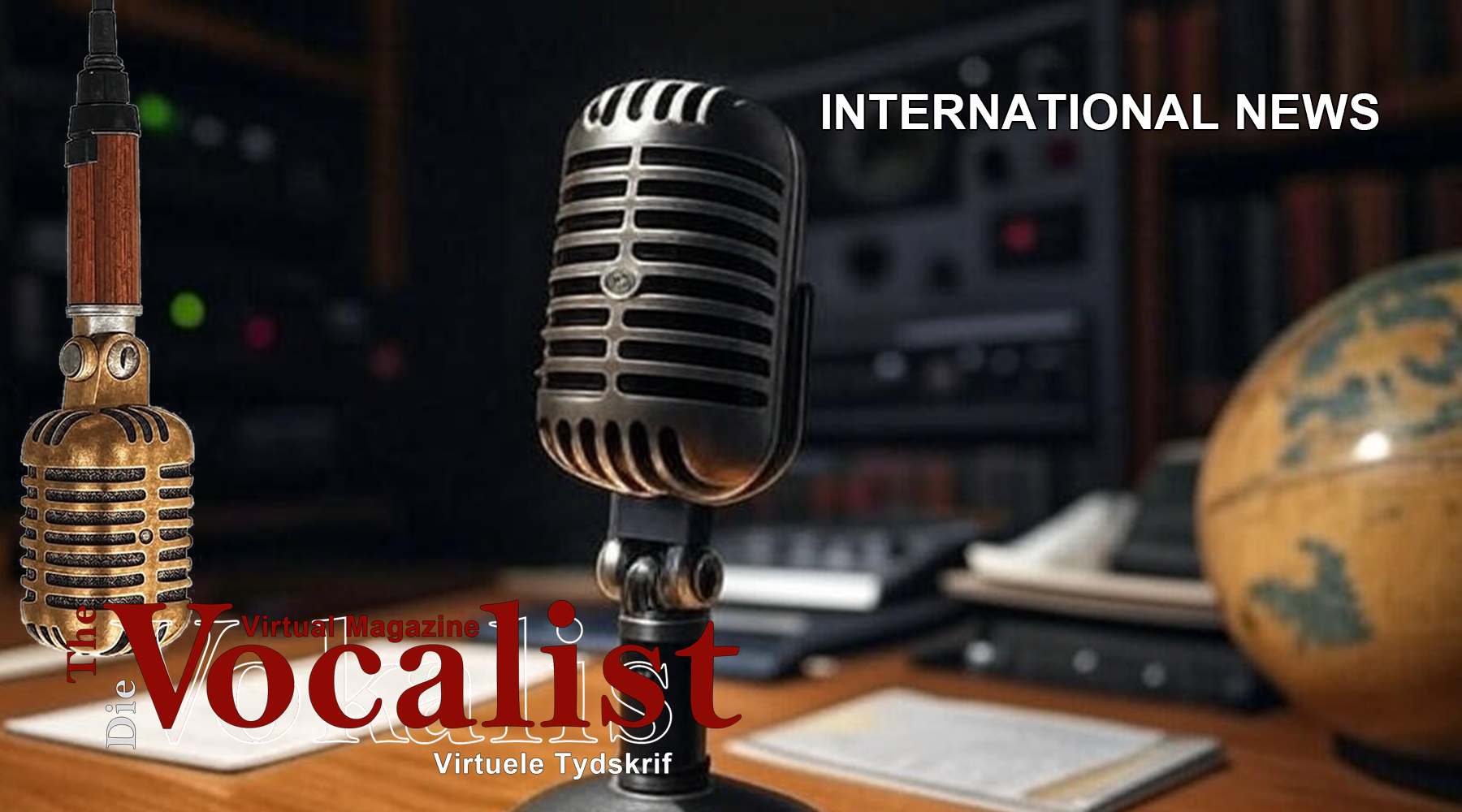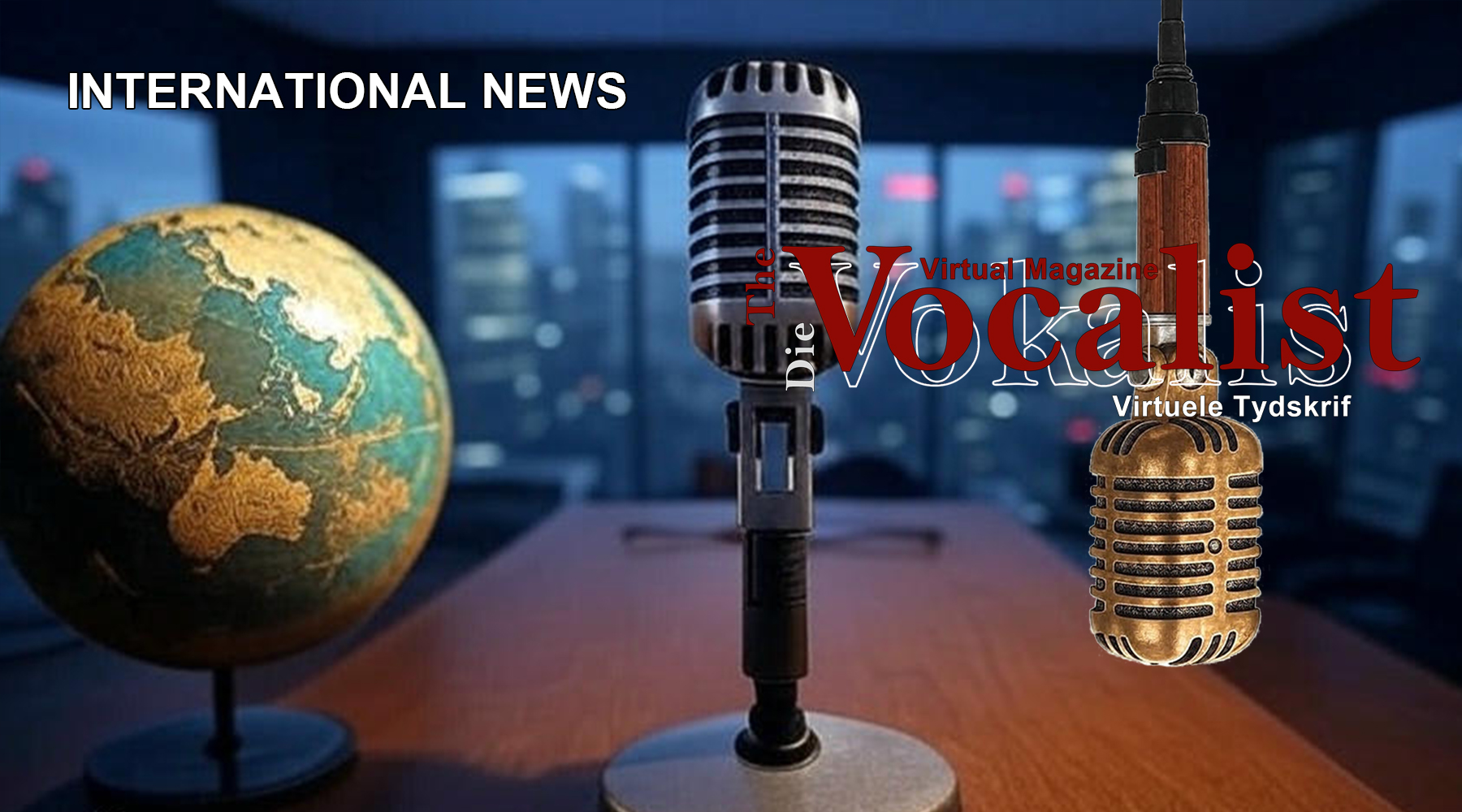The rise of artificial intelligence in music production has reached a tipping point, with a heated debate unfolding across the industry as of June 25, 2025. AI-generated songs, capable of mimicking genres, voices, and even specific artists, are disrupting traditional music creation, prompting both excitement and alarm. Major labels, independent artists, and tech companies are grappling with the implications of this technology, which has already produced chart-topping hits and stirred legal controversies.
Recent reports indicate that AI-generated tracks are flooding platforms like Spotify and YouTube, often indistinguishable from human-made music. Companies like Remusidy and Nquist, launched in 2025, specialize in AI tools that allow anyone to create professional-grade songs with minimal effort. These platforms use advanced algorithms trained on vast music databases, enabling users to generate tracks in seconds. For instance, a viral AI-generated song mimicking Taylor Swift’s style sparked a lawsuit from her legal team, raising questions about copyright infringement and intellectual property.
Proponents argue that AI democratizes music creation, empowering amateurs and reducing barriers for aspiring artists. “AI tools level the playing field,” said a representative from Remusidy. “You don’t need a million-dollar studio to make a hit anymore.” At Coachella 2025, AI-enhanced performances, such as the Los Angeles Philharmonic’s collaborations with pop and electronic artists, showcased how technology can blend with traditional artistry, creating innovative soundscapes that captivated audiences.
However, critics, including major labels and established artists, warn of ethical and creative risks. The Senate is reportedly examining Spotify’s handling of AI-generated content, particularly how it affects royalty distributions. Labels argue that AI tracks could dilute the value of human creativity, flooding the market with low-cost content and reducing payouts for traditional artists. There’s also the issue of consent: AI models often train on existing music without explicit permission, leading to accusations of “digital plagiarism.” A recent X post by @UndercodeNews highlighted how labels are pushing for stricter regulations to protect their catalogs.
Artists themselves are divided. Some, like electronic music pioneer Zedd, embrace AI as a creative tool, using it to experiment with new sounds. Others, particularly songwriters, fear it could devalue their craft. “If an algorithm can write a hit in seconds, what’s the point of years of practice?” asked one indie musician on X. The debate extends to fans, with some praising the novelty of AI music while others feel it lacks the emotional depth of human work.
As the industry navigates this uncharted territory, stakeholders are calling for clear guidelines. Proposals include mandatory labeling of AI-generated tracks and revenue-sharing models that compensate original artists whose work informs AI algorithms. For now, the technology’s rapid advance shows no signs of slowing, forcing musicians to adapt or risk being left behind in a rapidly evolving landscape.
Discover more from Vocalist
Subscribe to get the latest posts sent to your email.




